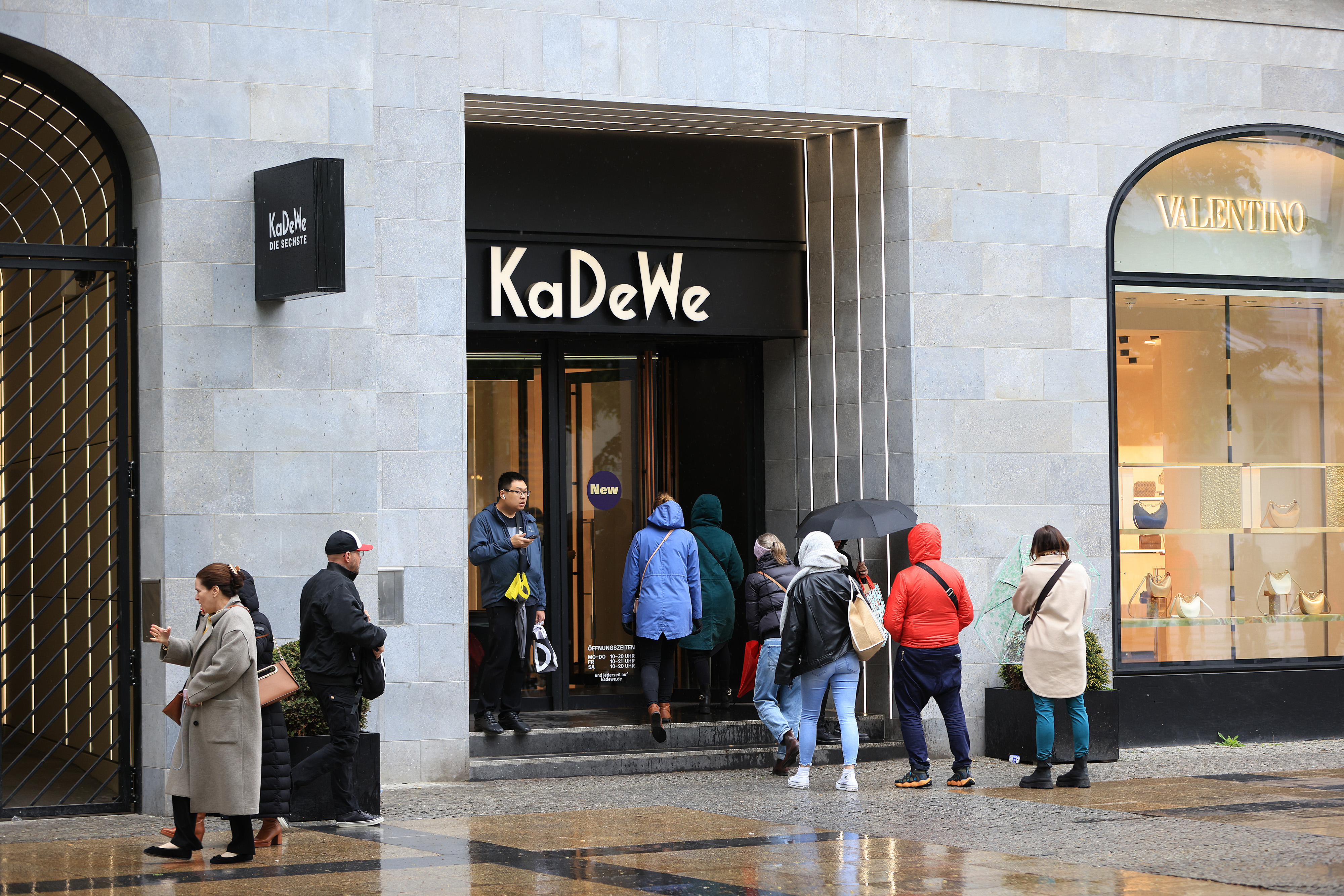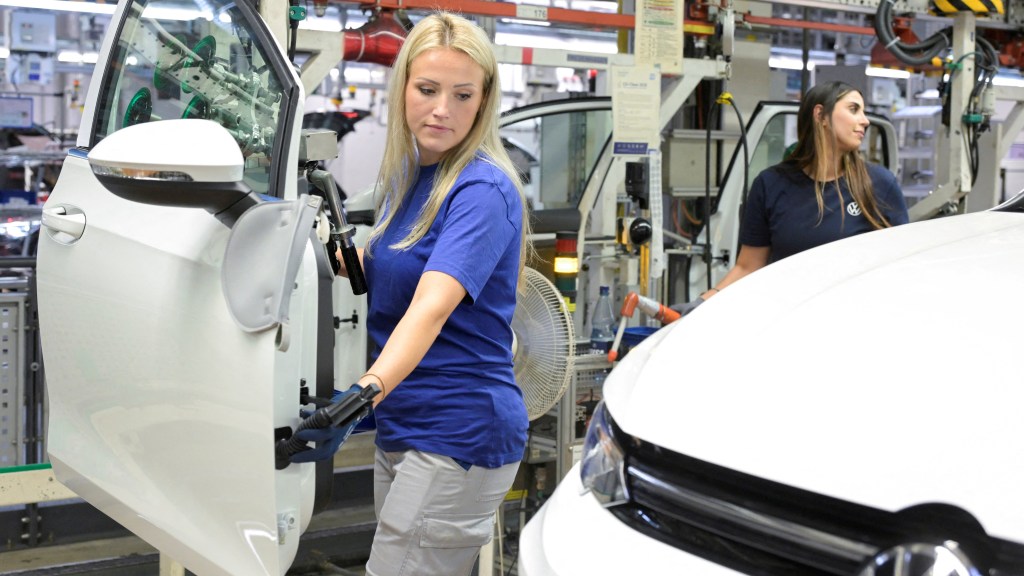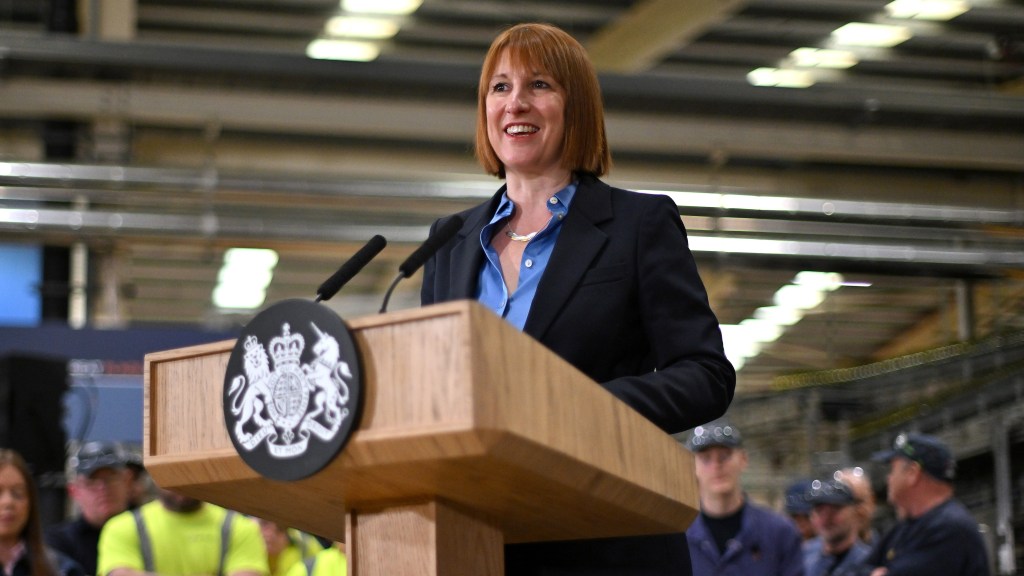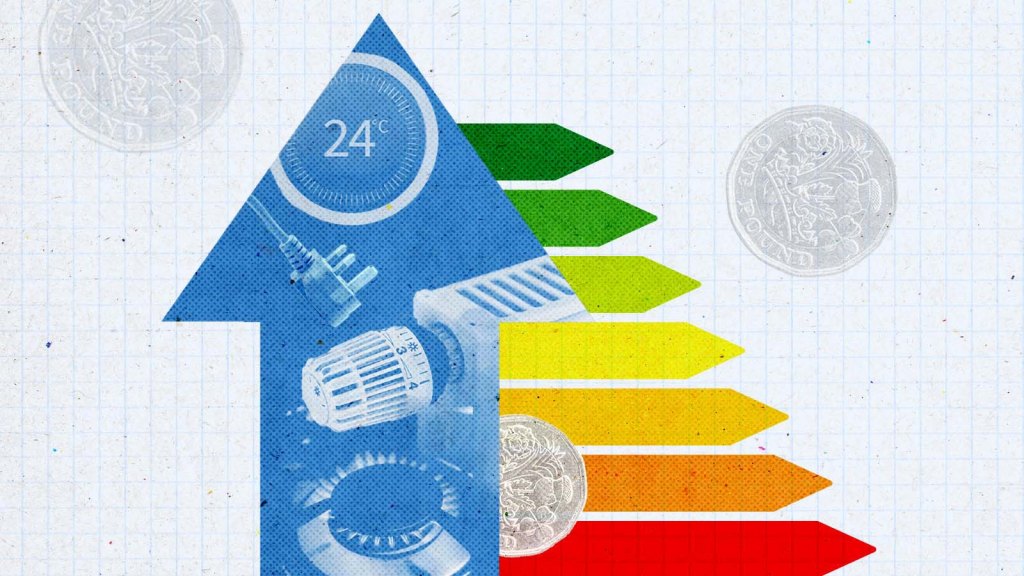German Economy Faces Stagnation Amid Declining Business Sentiment
Economists have expressed concern that the German economy is embroiled in a «vicious cycle of stagnation» as a significant indicator of economic activity has seen a consistent downturn for the fifth month in a row.
The Ifo business climate index, which is a crucial leading indicator for the economic performance of Germany, fell from 86.6 to 85.4 in September, failing to meet the expected figure of 86.1. This marks the index’s fifth consecutive drop, placing the economy precariously close to recession this year.
The Ifo Institute reported that businesses perceive their current situation to be much worse, with expectations becoming notably pessimistic. The institute noted a sharp increase in the lack of orders, indicating that core sectors of the German industry are facing significant challenges.
After a slight rebound at the beginning of the year, Germany experienced a 0.1 percent decline in quarterly economic growth from April to June, leading to a technical recession characterized by two consecutive quarters of contraction.
Carsten Brzeski, head of macroeconomics at ING, highlighted that the economy seems to be trapped in a self-reinforcing cycle of stagnation.

According to Brzeski, the economy has returned to the situation it faced a year ago, remaining the growth laggard within the eurozone with minimal prospects for recovery. All sentiment indicators for the initial months of the third quarter provide little reason for optimism following the economic shrinkage in the second quarter.
The German economy has been adversely affected by soaring energy prices and declining demand for exports in critical markets like China and the United States. Persistently high inflation and increasing interest rates have negatively impacted both business and consumer confidence. Additionally, dissatisfaction with the ruling coalition has raised concerns regarding the federal government’s lack of investment in infrastructure and public services.
In a separate analysis, a survey of the German private sector indicated a third straight month of declining output in September, primarily driven by weakness in the manufacturing sector and decreased hiring across the economy. Capital Economics predicts a contraction of 0.4 percent in growth for the third quarter based on the decline in the purchasing managers’ index.
The Ifo survey, which gathers responses from 9,000 companies across manufacturing, services, and retail, declined in all areas, including a two-point drop in business growth expectations. The manufacturing index has reached its lowest point since July 2020, while the construction sector was the only exception, experiencing a slight increase in sentiment by 0.4 points this month.
Claus Vistesen, chief eurozone economist at Pantheon Macroeconomics, remarked on the significant weakening of investments in the first half of the year, emphasizing that the anticipated rebound in consumer spending due to increasing real incomes has yet to materialize. Other surveys suggest that widespread pessimism is taking hold in the German economy.
Recently, Volkswagen announced plans to consider closing two plants, a first for the German car manufacturer, which has faced opposition from the Social Democrat-led federal government. Additionally, new car registrations experienced a 28 percent decline last month, marking the largest drop in the eurozone.
Furthermore, the coalition government in Berlin has criticized UniCredit for increasing its stake in Commerzbank, one of Germany’s major banks where the state holds a 12 percent stake. Chancellor Olaf Scholz labeled UniCredit’s actions as an «unfriendly attack.»
Scholz asserted in New York that hostile takeovers pose negative implications for banks, reaffirming the German government’s firm stance against such actions.






